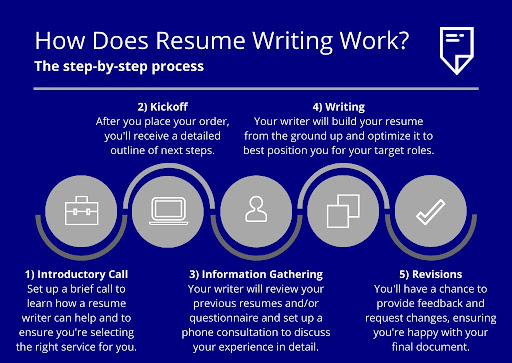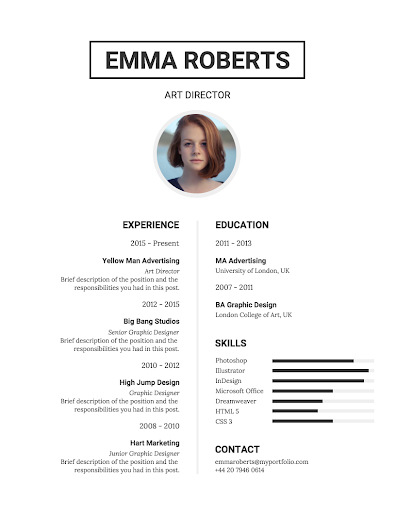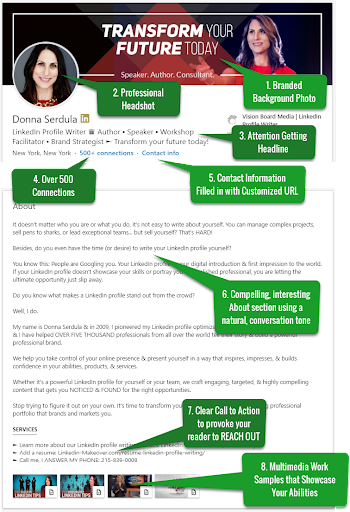Writing Resumes
The Resume Writing Opportunity
Help People Succeed
If you’re looking for a writing job that allows you to make a difference in people’s lives, then resume writing may be a good fit for you. Getting their resume in shape is always the first step for anyone applying for a job.
Most people find the idea of writing a resume rather daunting. They may not know where to start or how to make their career story stand out. That’s where resume writers come in. They combine specialist knowledge with writing skills to help people win jobs and promotions.
This is undoubtedly a rewarding role. Just imagine how exciting it is to have clients calling you to say, “thanks so much…I got the job!” That’s a reality for resume writers. You, too, can enjoy doing this rewarding and high-paying job if you learn just a few basic skills.
Here are a few more reasons why you may want to become a resume writer:
You might wonder why people would pay you good money to write their resumes. Surely it can’t be that hard…why don’t they just do it themselves? The fact is, there are many reasons why people choose to outsource this task. They know that professional resume writers:
How it Works
When you win a resume-writing project, the first step is to gather all the information you need from the client. This may involve setting up a call to talk everything through in detail. You can also ask the client to send you their existing resume (if they have one) and other relevant information, such as their LinkedIn profile info.
Once you have all the info you need, it’s time to start writing. Write a draft, then put it aside for a while before reviewing. When you are happy with how it looks, send it to the client for approval. Make any changes requested and send over the final draft.
Then it’s time to get paid…and move on to the next money-making resume!
The Secrets of Writing Great Resumes
How to Knock it Out of the Park
As we’ve seen, there’s a lot of potential for good resume writers. But how do you write outstanding resumes your clients will love? Simple...just follow this proven method.
Many people are daunted by the prospect of preparing resumes, but don’t worry—it’s not that hard. There are many free resume builders online to help you, plus many free resume templates. For example, you probably have a Google account. So you can use any Google Docs resume template without charge. There are lots of them.
So what should you include in a resume, exactly? Good question...and the answer is ‘less than you think.’ Don’t make the mistake of cramming your client’s entire life history into one document. A long, complicated resume is off-putting, and employers may never read it.
A short, concise resume is usually much more effective. One or two pages is best...three is the maximum. The document should be clear and easy to read so employers can scan for the salient points.
There are several different ways to structure a resume, but reverse chronological order is probably the best. This is the format employers expect to see, so it will be easier to understand. In this format, you list the most recent positions at the top of the document. Then you work backward to education.
Give the most space to recent jobs, highlighting anything relevant to the position in question. Remember that employers don’t care that much about qualifications and trophies. They want to answer one simple question—can this person do the job?
Try to include a photo. It’s hard to connect with a resume that’s just text on a page. But adding a picture brings the applicant to life. That alone may make all the difference. But the photo needs to look good.
If your client wants to get noticed, it’s a good idea to have a presence on LinkedIn, too. This is the social network for business, so it’s important to be active here. A good profile on LinkedIn is like an ‘online resume’ that works 24 hours a day.
To succeed on LinkedIn, candidates need a first-class profile. You can use a similar approach to the one we’ve discussed for a regular resume. That means:
You can also add documents that showcase the candidate’s talents. Perhaps they have written blog posts, designed cool images, or edited videos. You can add them all to the profile to make a better impression.
Writing resumes is an enjoyable career path and a lucrative one. It’s the perfect complement to your review writing, giving you a second stream of income and an interesting variety of work.
How Much Can You Make?
Rake in Resume Cash
One thing’s for sure…there’s money to be made writing resumes. Of course, the rates on offer vary widely, depending on experience, etc. But when you get good at this, you can expect to make a very healthy income.
According to a survey by the Resume Writers Digest, the mean cost for a professionally written resume in the US is $603.82. For hourly rates, the mean is $105.64. Also, respondents stated that they completed three resumes a week on average.
Of course, you should aim to be in the top tier, charging around $600 per resume. If you average three projects per week, that’s an income of $1800 a week—or $93,600 a year. That’s very close to a six-figure income. As you can see, this is money that’s worth having!
If you want to be sure of getting into the six-figure income bracket, you can add some extra services. For example, some resume writers offer a Platinum package that includes:
For this kind of package, you can easily charge $1000. So at the average of three resumes a week, you have the potential to make up to $150,000 a year. That’s a nice income, whichever way you look at it.
If you want to charge the highest prices, you can add a satisfaction guarantee, too. In this case, you would offer to rewrite the resume for free if it fails to land the client any interviews. Again, this is a real value-add for the client, so you can charge up to $2000 for the complete package.
When you become a true professional, you can make very good money from resume writing.
Resume Writing Tips & Tricks
Resume Writing Tactics
Up to $2000 for a few hours of work? Resume writing offers a lucrative income stream if you learn to deliver top-level service. It’s worth taking the time and trouble to level up your skills.
Here are some tips to help you stand out from the crowd and charge the highest rates:
Focus on the Highlights
Resumes don’t have to include everything in the client’s work history. Hiring managers don’t want to waste time on irrelevant information—they want to get to the good stuff fast. You can downplay the aspects you feel are less critical to current job applications.
Instead, pay more attention to highlighting the most relevant and important aspects of the work history. Make it easy for hiring managers to find the information they want to see.
Put the Best “Above the Fold”
In marketing speak, ‘above the fold’ refers to what you see on the front half of a folded newspaper. Essentially, it’s the first impression. In resume speak, it means you should make sure the key best experiences and accomplishments are visible on the top third of your resume.
This is why it’s best to use reverse chronological order. Then you are showing recent experience first and foremost, with less emphasis on what the client did many years ago.
Make Contact Info Prominent
You don’t need to include an address on resumes anymore, but you must include a phone number and a professional email address. Make sure these are clearly visible at the top of the resume.
You may also decide to include social media contact information. A link to the client’s LinkedIn profile is a good idea, but you could include other social links if appropriate. Of course, you will only do this if the content presents the client in a professional (or at least respectable) manner.
Curate Bullet Points
Bullet points are an excellent way to present information in a resume. They break the data up into easily digestible chunks that are easy to read.
However, a long list of bullet points can become tiresome. So limit the number of bullet points to five or six in any section. That may mean breaking one section into two or finding another way to present the information.
Include Non-Traditional Work
When reading a resume, a hiring manager wants to get a feel for the client’s personality and drive. So it’s a good idea to include non-traditional work such as:
Leverage Keywords
Many companies use Applicant Tracking Systems to manage resumes. Hiring managers may then search these using keywords to find suitable candidates. Because of this, it’s important to include keywords in the resume.
Spend some time thinking about the keywords managers may use when searching for applicants. Then write these into the resume in the most natural way possible. Of course, you should only do this if the keywords are relevant to your client’s experience and aspirations.
Proofread Carefully
One simple error makes a resume look unprofessional and could cost your client a job. So proofread resumes carefully to clean up mistakes. Be on the lookout for:
Follow these simple tips, and you will be on your way raking in thousands of dollars as a professional resume writer. It’s a great way to make a living!
Training Modules
Copyright 2024 - Paid Online Writing Jobs - All Rights Reserved
Copyright 2023 - Paid Online Writing Jobs - All Rights Reserved


















 ?
?

 !
!